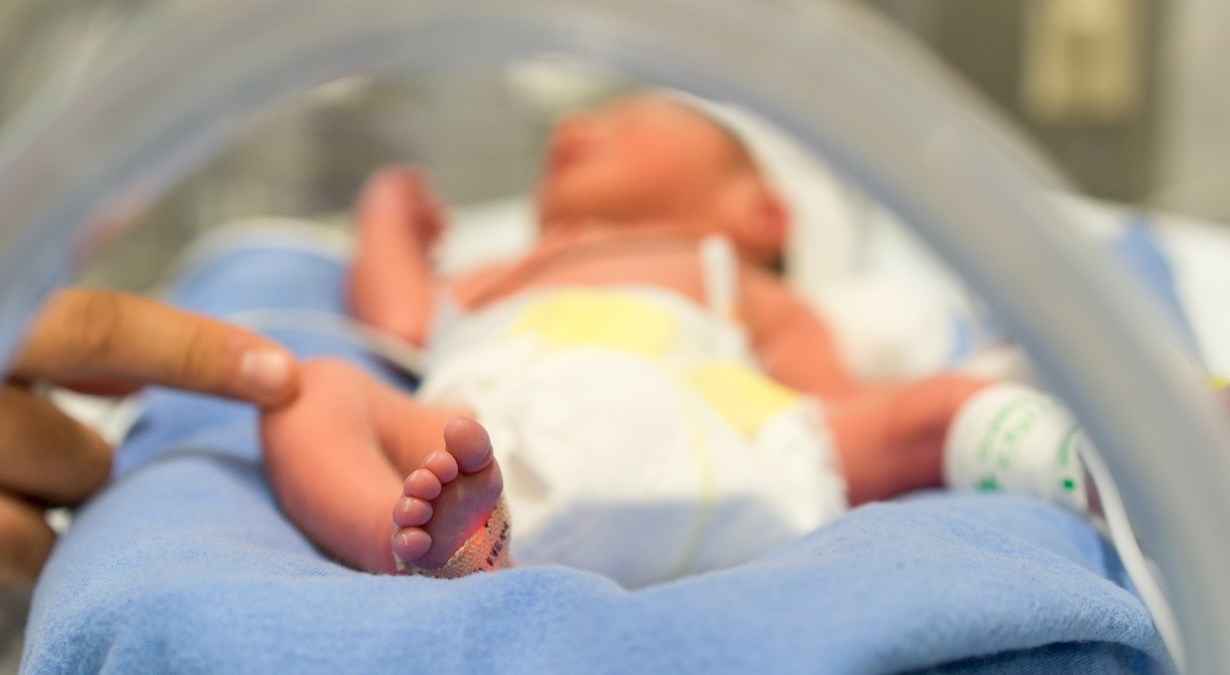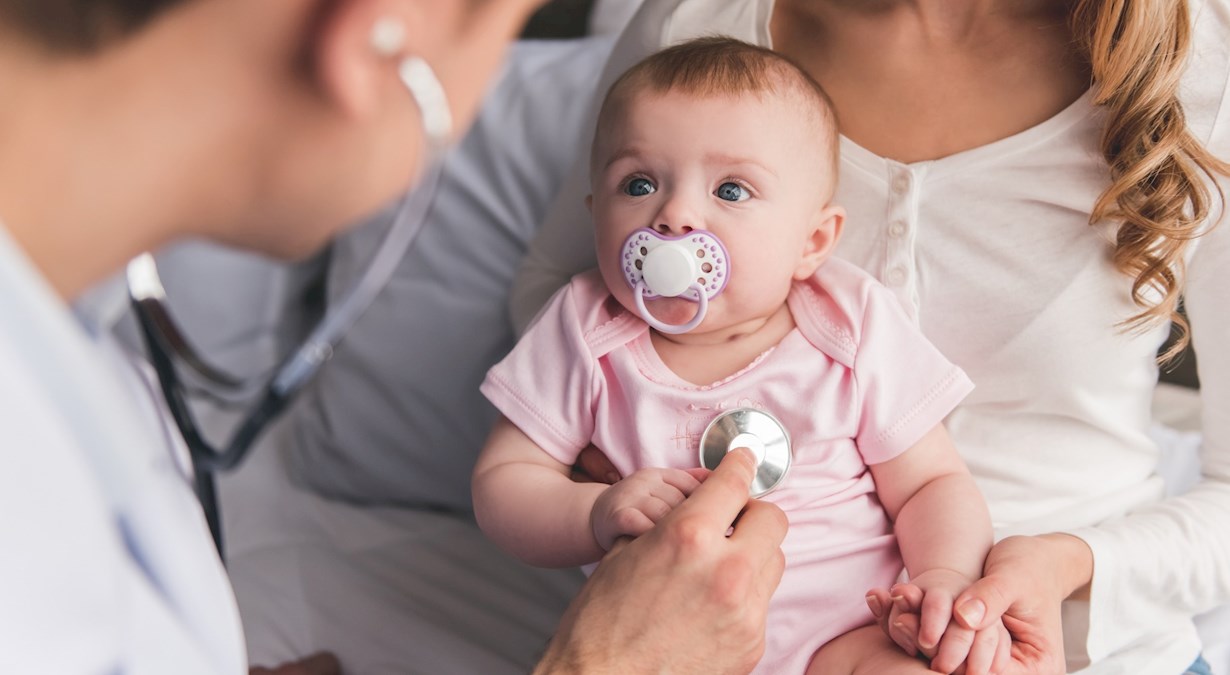Discipline
Neonatal cardiorespiratory physiology
Understanding the hearts and lungs of premature babies
The immature hearts and lungs of premature babies sometimes struggle to meet the demands of gas exchange after birth. These problems may result in the development of disorders such as bronchopulmonary dysplasia (BPD) which is a chronic lung disease in premature babies. BPD may result in lifelong difficulties with breathing. Understanding the factors contributing to poor lung and heart function in premature babies and finding better ways to prevent heart and lung disease is vital to improving the long-term outcomes of premature infants.
- Approximately 40% of babies born more than 12 weeks early develop bronchopulmonary dysplasia. 1, 2
- 15–25 % of babies with bronchopulmonary dysplasia also have pulmonary hypertension (high blood pressure in the lung circulation). 3
- Recent evidence suggests children born premature and diagnosed with bronchopulmonary dysplasia have gradual decline of lung function during childhood. 4
Our projects
Our collaborations
Our group collaborates with several local, interstate, and international clinicians and scientists to develop better methods of measuring and treating disorders of heart and lung function in premature babies.




 We are collaborating with Professor Graham Hall and Dr Shannon Simpson at the Children’s Lung Health Group at the Telethon Kids Institute to look at the impact of premature birth on long-term lung health outcomes.
We are collaborating with Professor Graham Hall and Dr Shannon Simpson at the Children’s Lung Health Group at the Telethon Kids Institute to look at the impact of premature birth on long-term lung health outcomes. We are working with biomedical engineers at the Politecnico di Milano, led by Professor Raffaele Dellacà, to understand the chest wall mechanics in premature babies.
We are working with biomedical engineers at the Politecnico di Milano, led by Professor Raffaele Dellacà, to understand the chest wall mechanics in premature babies. Along with Clinical Professor Martin Kluckow at the Royal North Shore Hospital, Sydney, we are working to quality control the echocardiographies (heart sonograms) taken in Perth.
Along with Clinical Professor Martin Kluckow at the Royal North Shore Hospital, Sydney, we are working to quality control the echocardiographies (heart sonograms) taken in Perth. With Clinical Associate Professor David Tingay at the Murdoch Children’s Research Institute, we are collaborating to study artificial ventilation equipment and protocols to reduce lung damage.
With Clinical Associate Professor David Tingay at the Murdoch Children’s Research Institute, we are collaborating to study artificial ventilation equipment and protocols to reduce lung damage.

